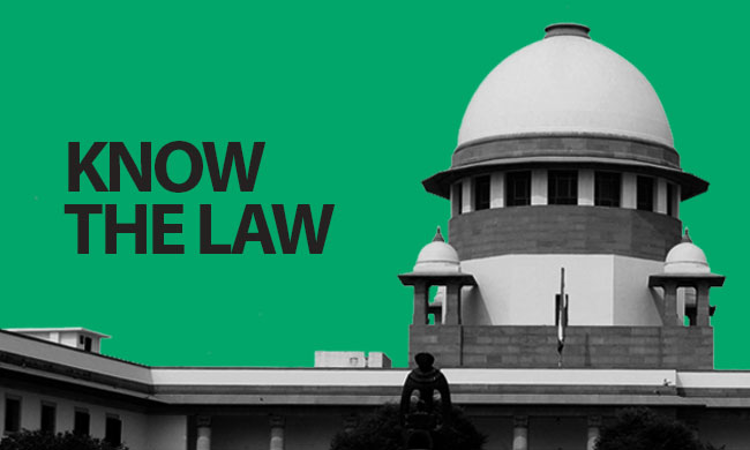Injunction On Invocation Of Bank Guarantee : Case Laws & Principles
Darshit Jain
3 May 2020 2:30 PM IST

Next Story
3 May 2020 2:30 PM IST
Introduction The present situation because of the lockdown due to the emergence of Covid-19 can lead to various parties being unable to comply with their obligations under the contract, empowering the beneficiary/creditor to invoke bank guarantee(s) submitted on behalf of the principal debtor. This is an opportune time to ascertain the meaning of a Bank Guarantee and...
